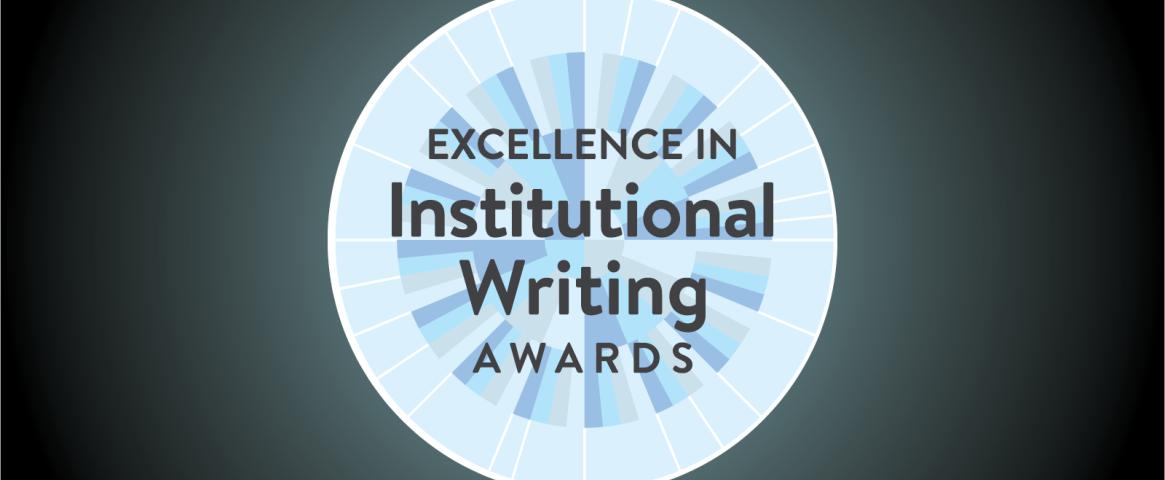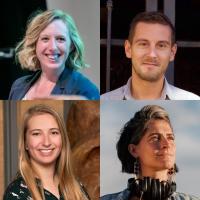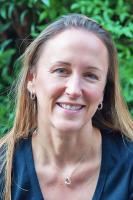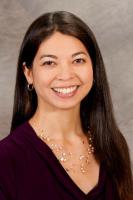The National Association of Science Writers and its Awards Committee are pleased to announce the winners of the 2022 Excellence in Institutional Writing Awards (EIWA):
-
In the long-form category: “Coal at Sunset: A Colorado Town in Transition; Episode 2: The Cost” by Kristan Uhlenbrock, Trent Knoss, Nicole Delaney, Juliette Luini, Catherine de Medici Jaffe, and Jason Paton for the Institute for Science & Policy at the Denver Museum of Nature & Science.
-
In the short-form category: “Breaking the Bell Curve” by Christina Nunez for Colby College.
The EIWA winner in each category will receive a cash prize of $2,000. The 2022 NASW Awards will be presented on Saturday, Oct. 22 in Memphis, Tenn. as part of the ScienceWriters2022 national conference. Follow hashtags #SciWri22 and #SciWriAwards on social media for ongoing awardee celebrations.
Praise for the 2022 EIWA Long-Form Category Winner: “Coal at Sunset,” a podcast that takes you behind the scenes to a coal-fired power station in Craig, Colo., was produced by a team at the Institute for Science & Policy at the Denver Museum of Nature & Science. Commenting on “Episode 2: The Cost,” the judges stated: “The podcast takes a broad look at the issues and realities of coal and climate change through concrete stories and voices. The first-person account of what it's like to see coal combusting in the furnace up close — ‘a wall of flame generating so much heat and light that it requires a tinted welding mask to view safely’ — is especially powerful. It includes a variety of people from diverse backgrounds and viewpoints, and it explains the science and social impacts in a vivid, real, and engaging manner. The episode does a masterful job explaining the rich history of coal as an energy source, the science of how it works, science policy, and the climate science that's fueling the change in the state's energy landscape, as the state shifts toward renewable energy sources and away from coal. The team produced it well and kept the topic concise and easy to follow. Hosting is clear and vivid and keeps the audience moving along. Fine work.” Praise for the 2022 EIWA Short-Form Category Winner: Nunez is an independent writer specializing in climate, science, and innovation. Commenting on Nunez's winning entry published in Colby News, the judges stated: “It’s not easy to write in a compelling way about math, and math coverage itself is underrepresented in popular media. But if one needed a how-to manual, a first entry might be 'Breaking the Bell Curve' by Christina Nunez. Nunez uses the real-world example of a coin toss to immediately draw the reader into the story and give a basic tutorial of the central limit theorem, before further explaining new research pushing the theorem’s limits. She drives home the practical applications of the research — such as data analysis and climate modeling — further connecting with a general audience. Kudos for a job well done.”In addition to the 2022 EIWA winners, the judges recognized two other entries in each category with honorable mentions.
In the long-form category, honorable mention went to:
- “SMART Nav: Giving Spacecraft the Power to Guide Themselves” by Jeremy Rehm, Annie Marcotte, Alex Cortez, and Steve Gribben for the Johns Hopkins Applied Physics Laboratory.
- “Reimagining the Ribosome” by Leah Eisenstadt and Scott Sassone for the Broad Institute of MIT and Harvard.
In the short-form category, honorable mention went to:
- “A Walk in Two Worlds” by Dan Strain for the University of Colorado Boulder.
- “Naked Mole Rats Don’t Show Signs of Old Age, But Their DNA Says Otherwise” by Rachel Tompa for the Allen Institute.
First granted in 2018, the NASW Excellence in Institutional Writing Awards were established to recognize high-caliber publicly accessible science writing produced on behalf of an institution or other non-media organization. Entries for the next awards cycle, recognizing material published or broadcast in 2022, are due February 1, 2023. Nomination forms will be available at www.nasw.org/excellence beginning December 2022.
All NASW awards strive to showcase timely coverage and exemplary work, particularly those by underrepresented creatives tackling diverse, overlooked issues and communities. Judges especially consider diversity in topics, sources, audience, and authors to be a critical component of excellence. Nominations are not limited to the NASW membership, and media professionals are encouraged to submit entries on behalf of peers, colleagues, and mentees.
Photos courtesy of awardees. Image credits: Denver Museum of Nature & Science; Ashley Evans; Denver Museum of Nature & Science; Benjamin Rasmussen; Christina Nunez
Founded in 1934 with a mission to fight for the free flow of science news, the National Association of Science Writers is an organization of 2,700-plus professional journalists, authors, editors, producers, public information officers, students and people who write and produce material intended to inform the public about science, health, engineering, and technology. To learn more, visit www.nasw.org or follow on Twitter @ScienceWriters and on LinkedIn.







